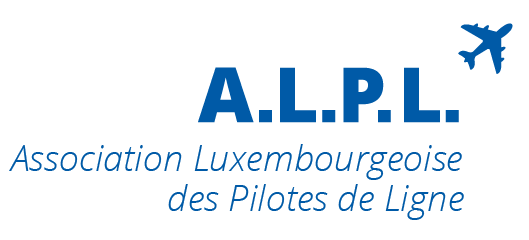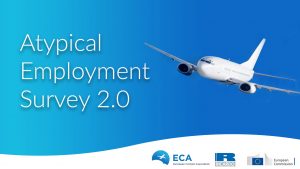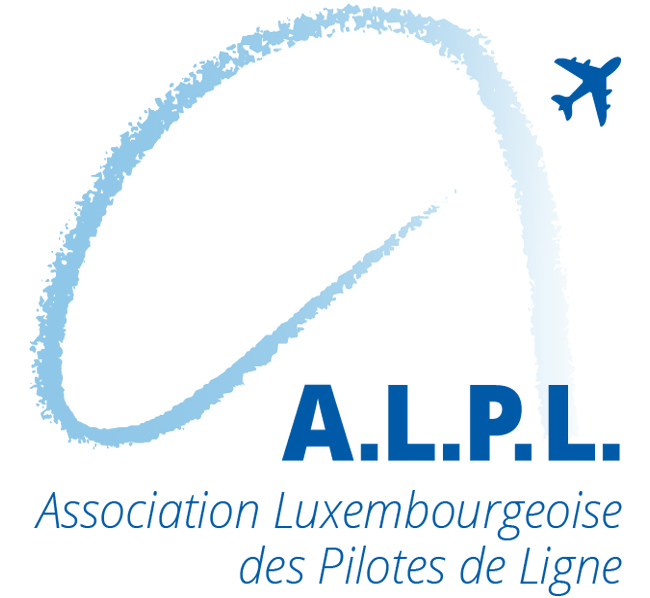Trouble-makers, disruptive or drunk passengers should not be allowed boarding aircraft, as a precautionary measure. And if they are allowed – and cause any incidents – crews need to be able to face them off knowing there are clear rules, procedures and legal framework to rely on. But currently, that’s not entirely the case, reminds a new ECA Position Paper. As governments are dragging feet over the ratification of the Montreal protocol (2014), the lack of legal certainty and sanctions continues to give wings to unruly passengers.
The numbers of IATA are telling: there is 1 incident for every 1424 flights worldwide. While in most of cases it concerns verbal aggression that crews can successfully deal with, there are many cases of physical aggression to crew or passengers and even damage to the aircraft. One disruptive passenger onboard is sufficient to disturb the travel experience of all. But rowdy passengers are more than just nuisance – violent or rude behavior may interfere with the crew’s performance or require them to divert the aircraft. Diversions are, after all, unplanned landings, which inevitably involve additional safey and security risks for the flights. The price tag for a diversion can also go up to 200. 000 USD, estimates IATA. But it is highly doubtful that this bill will be paid by the disruptor.
“The lack of legal certainty and sanctions continues to give wings to unruly passengers”
The existing legal framework dealing with unruly passengers, contained in the Tokyo Convention on offences committed on aircraft (1963), proved ineffective so far as it grants solely jurisdiction over offences to the state of the registration of the aircraft. This leads to a situation where – upon landing – the Commander delivers an unruly passenger to authorities that simply have no jurisdiction. As a result, unruly passengers are mostly released and allowed to continue their journey without sanctions and free to recidivate.
What could bring much needed change to the situation is the Montreal Protocol (2014), which amends the Tokyo Convention. The Protocol spells out a clearer framework for dealing with such incidents, clarifies what counts as an ‘offence’ and allows airlines to seek compensation for costs incurred as a result of unruly passenger incidents. But ICAO Member States – including most Member States of the EU – are yet to ratify the Protocol. At least 10 more ratifications (out of the mandatory minimum of 22) are needed before it becomes applicable.
In the meantime, we can – and should – train crews to recognize and better deal with unruly passengers. But this is not enough. Police, airport authorities and judges on the ground can – and should – be made aware of all the tools they could use. Keeping trouble-makers on the ground and not allowing them to board a flight is the most effective way to prevent incidents during the flights . But the absence of a clear legal framework will always stand in the way of efficiently tackling the unruly passenger problem.
Download ECA’s Position Paper on Unruly Passengers






